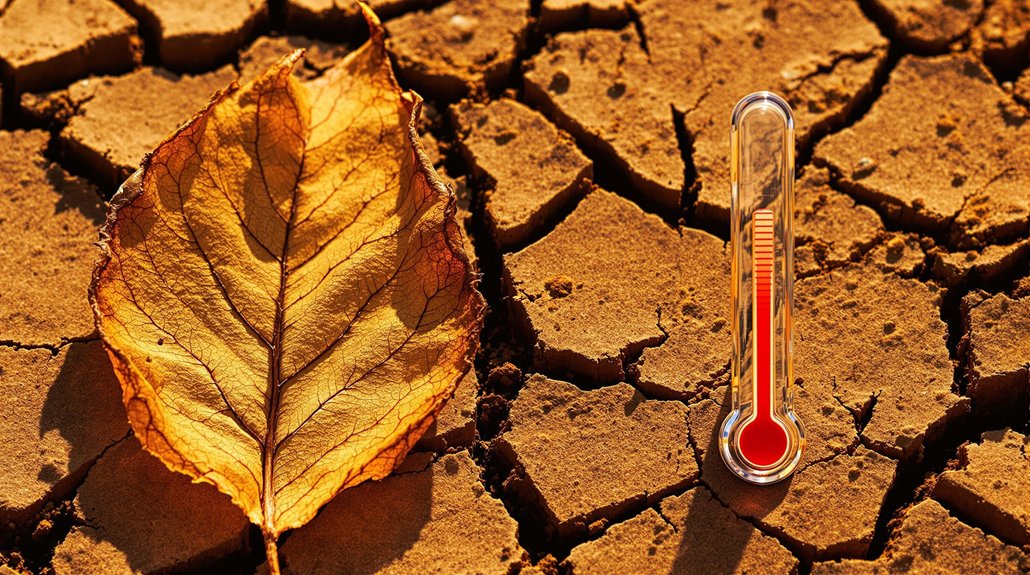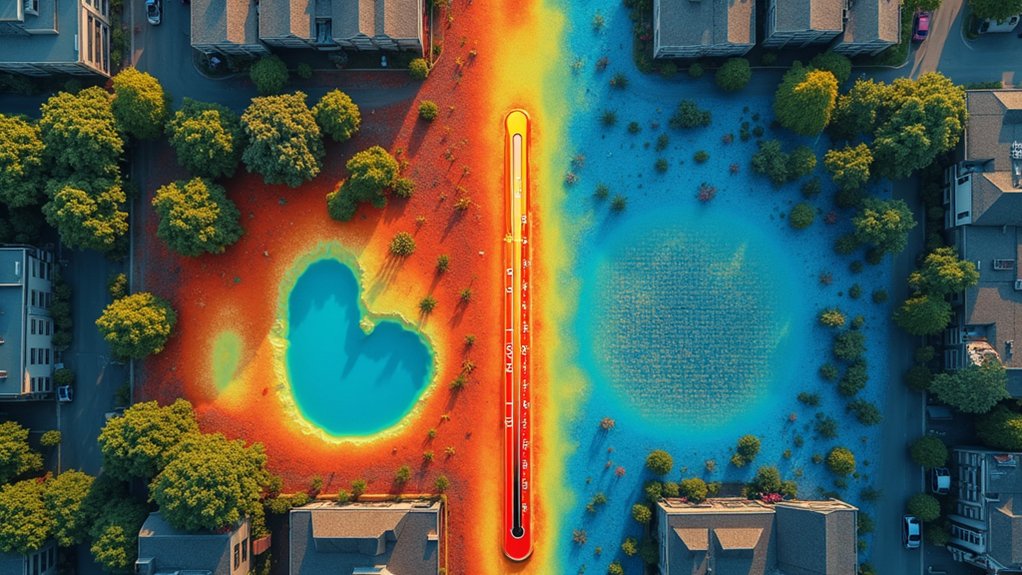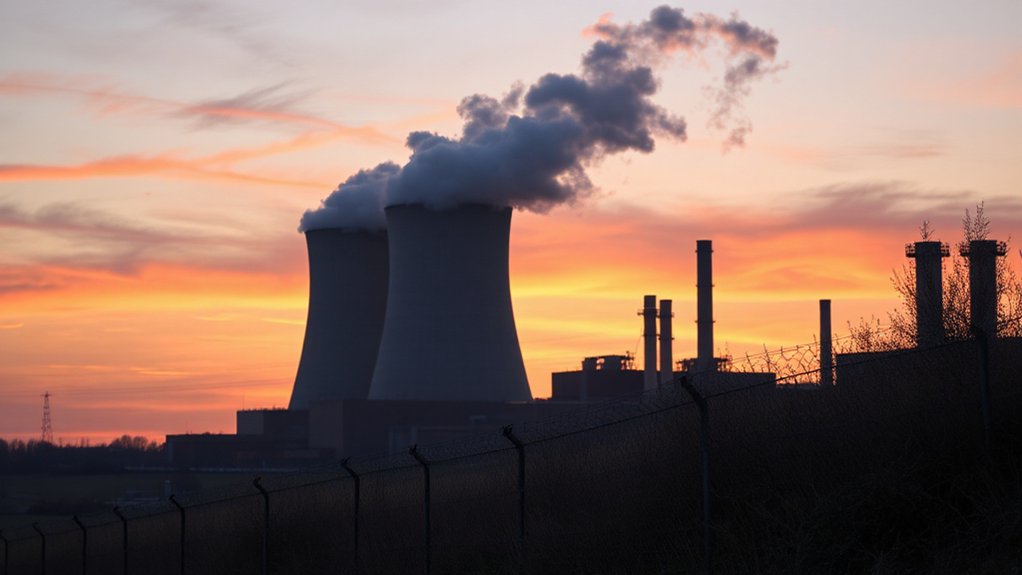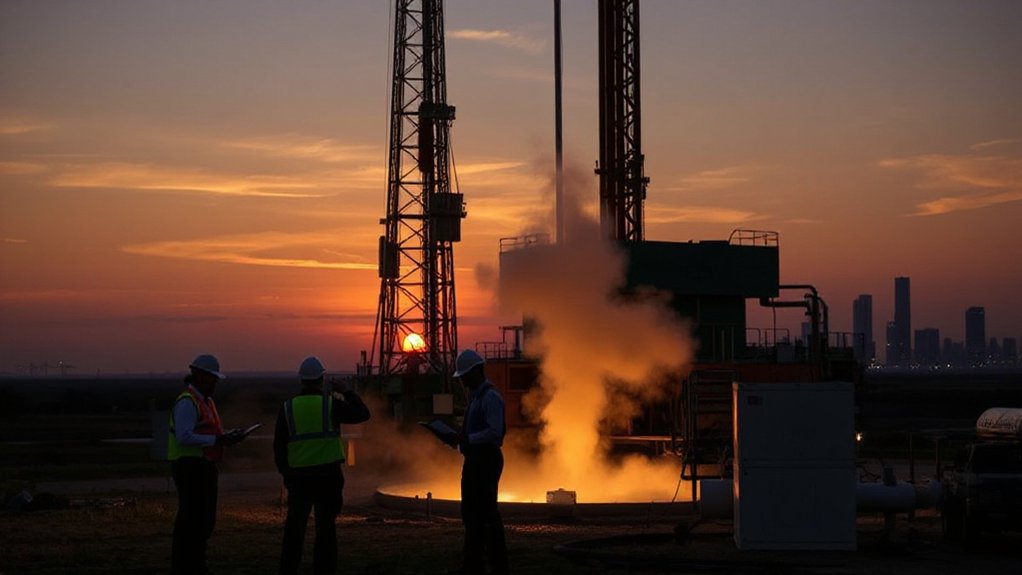Recent research shows heatwaves accelerate biological aging by up to 14 months in older adults, similar to smoking’s effects. Heat exposure damages DNA, triggers cellular senescence, and strains the heart. Seniors are especially vulnerable as they sweat less and retain heat longer. With climate projections indicating 250 million more older adults will face dangerous temperatures by 2050, scientists warn this hidden aging effect represents a growing public health crisis that demands immediate attention.
As temperatures climb during heatwaves, our bodies don’t just feel uncomfortable—they actually age faster. Recent research shows that older adults exposed to frequent heat days can experience biological aging acceleration of up to 14 months. This aging happens at the genetic level, where heat stress affects DNA methylation patterns that control how our genes work.
Heat doesn’t just make us feel older—it changes our bodies in measurable ways similar to smoking cigarettes. During hot weather, the heart must work harder to keep the body cool. For older adults, this creates dangerous strain because their hearts can’t increase output as effectively as younger people’s. Their bodies also send less blood to the skin (2,700 ml/min compared to 5,800 ml/min in younger adults), making cooling more difficult.
Heat stress forces aging hearts to work harder while delivering less blood to the skin—making it as harmful as smoking cigarettes.
Older people sweat less and have trouble detecting when they’re overheating. Their bodies hold onto heat longer, creating a dangerous situation that’s made worse by age-related cognitive decline. Similar to how yeast cells experience increased longevity under certain conditions, human cells engage specific stress responses when exposed to heat. Many seniors don’t realize they’re in trouble until it’s too late.
At the cellular level, heat stress causes lasting damage. It triggers a process called cellular senescence, where cells stop dividing. Heat damages DNA, especially during replication, causing breaks that can’t be repaired. The body’s natural defense system against heat stress—called the heat shock response—also weakens with age.
Heat exposure increases harmful reactive oxygen species while the body’s antioxidant defenses decline with age. This combination damages proteins and DNA, further speeding up aging.
This problem will affect more people soon. By 2050, about 23% of people over 69 will live in high-heat regions. That’s 250 million more older adults facing dangerous temperatures than today. The risk becomes even greater when we consider that the average heat wave season has increased by 46 days since the 1960s.
While wealthy countries face rising temperatures, developing nations must contend with both heat and rapidly aging populations. As climate change intensifies, the hidden aging effects of heat will become a greater public health challenge worldwide.









